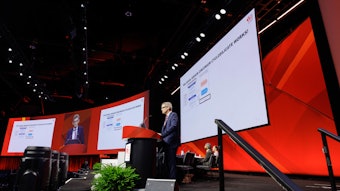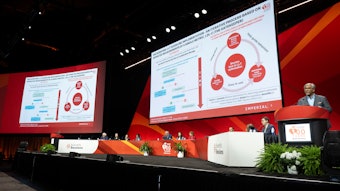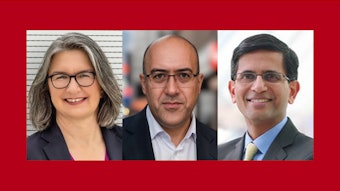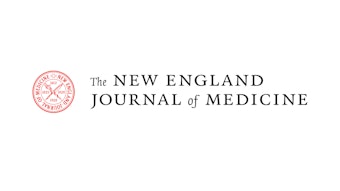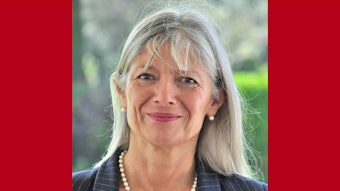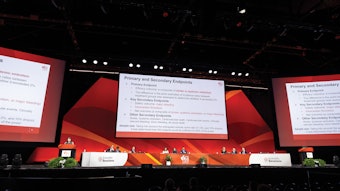Q&A: How to rethink, redesign research to improve CV health
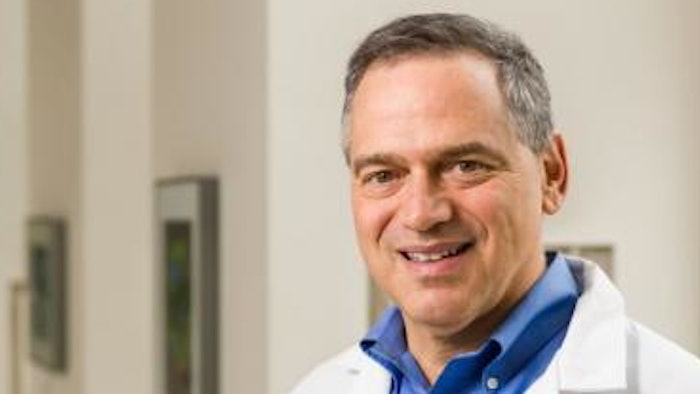
The Daily News spoke with Harlan M. Krumholz, MD, SM, who is replete with ideas on strengthening the research enterprise and boosting the cardiovascular health of patients. Dr. Krumholz will present his Distinguished Scientist Lecture, “The Inflection Point: Ideas for Accelerating Breakthroughs and Improving Cardiovascular Health,” at 9 a.m. Tuesday CST. He is the Harold H. Hines Jr. Professor of Medicine (cardiology) at Yale School of Medicine and director of the Center for Outcomes Research and Evaluation (CORE) at Yale New Haven Hospital in Connecticut.
Q: You have the distinction of being the first outcomes researcher to give this lecture. How do you describe outcomes research?
Dr. Krumholz: There is a lot of confusion about outcomes research — in part because it is a young field. Outcomes research seeks to study and optimize health care results that benefit patients and society. We seek knowledge that ultimately, if not proximally, leads to tangible improvements in people’s lives. Outcomes research focuses on what matters to people — whether they live and how they live. Thus, it is really more about orientation and theme than about a particular method.
Q: Is the “The Inflection Point” lecture title referring to the COVID-19 pandemic?
Dr. Krumholz: I am referring to the opportunity we have in front of us, in part because of the pandemic, to increase dramatically our impact on promoting health for all. The pandemic can be an event that opens our eyes to new possibilities and motivates us to see what we can do when we conceptualize our work as urgent and in the service of mitigating and preventing suffering.
Q: What has the pandemic revealed about the way we conduct research?
Dr. Krumholz: The pandemic has revealed the vulnerabilities in our current scientific enterprise’s form and function and has pressured us to think about new and better approaches. We have work to do on the way we conduct research, and the pandemic is just an opening. We need to consider redesign of our approaches that address speed, efficiency, participant-centricity, validity and reproducibility. The cardiovascular disease and stroke research community are leaders in evidence generation. What will we do to strengthen our research enterprise, innovate and experiment with new approaches and hold ourselves accountable for developing the pipeline of knowledge generation that we need?
Q: What are your ideas for accelerating breakthroughs and improving cardiovascular health?
Dr. Krumholz: I have quite a few. Briefly, I’d like to see us promote open science, strengthen journals and expand preprints, innovate and improve research designs and methods, propel and strengthen implementation science, attack disparities as if they were a global pandemic, ride the digital transformation and engage more avidly in improving health policy. It is a full portfolio, but each area is rich with opportunity for us to transform the speed with which we make progress. I also talk about our responsibility to be accountable for truly improving health, not just describing our programs and innovations as if they can be assumed to have a positive net effect.
Q: What would you like to say to younger clinicians and researchers?
Dr. Krumholz: We’re passing the baton to the next generation, and we need our younger colleagues to feel unsettled by the status quo and encouraged to help in the transformation that we need. They will be vital to our ability to make this a true, positive inflection point in the history of medicine.



